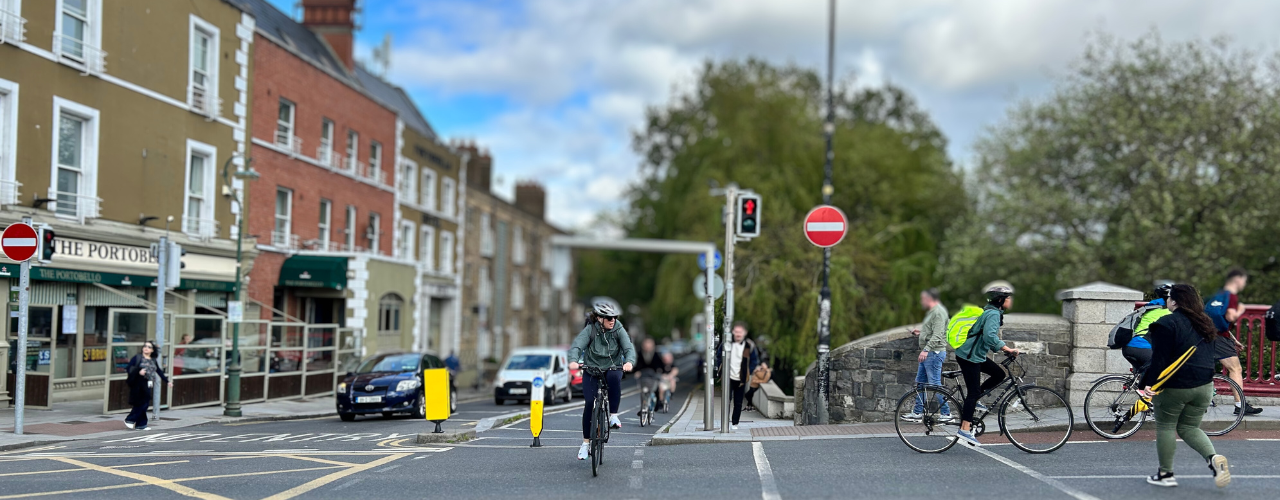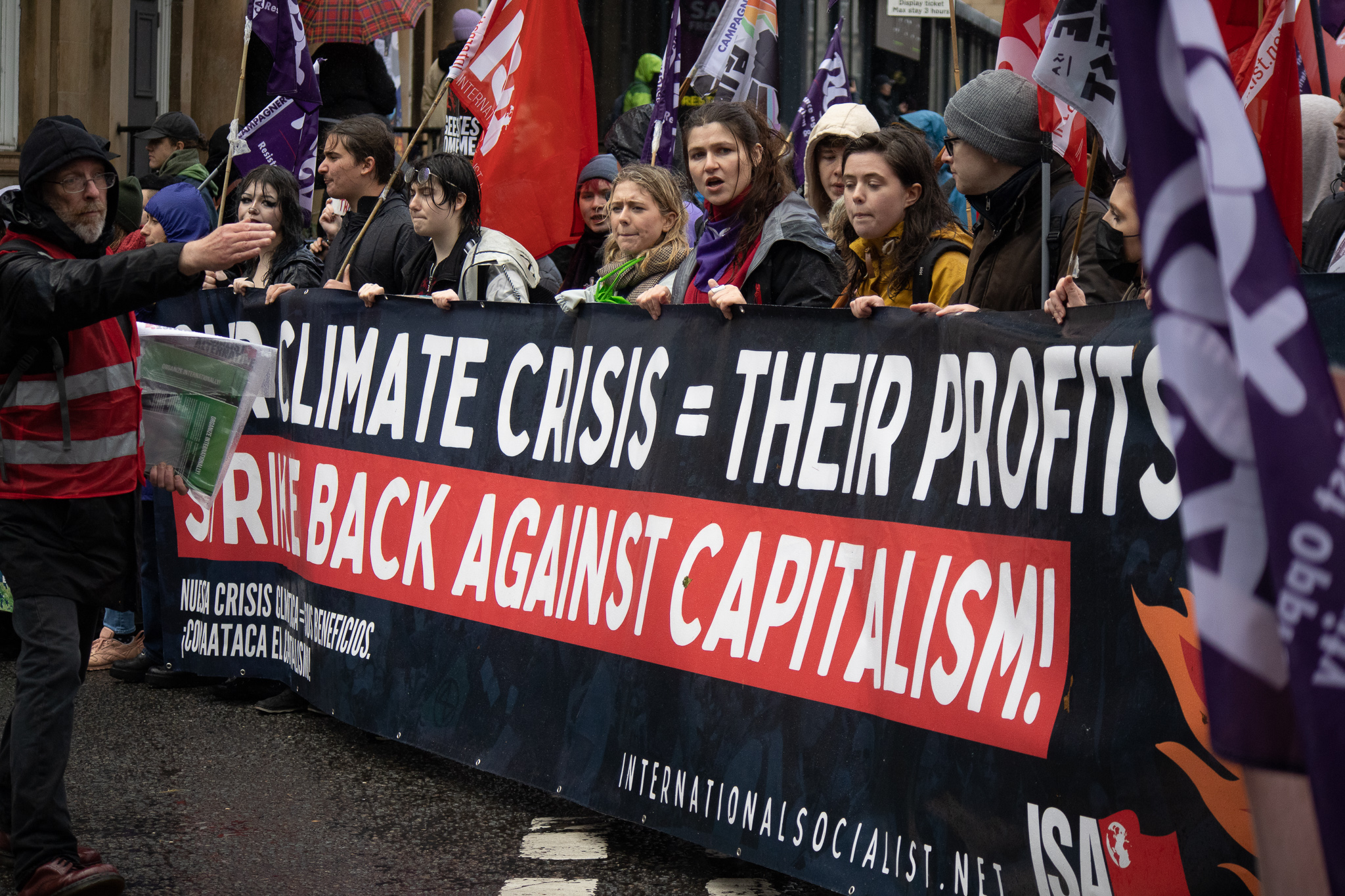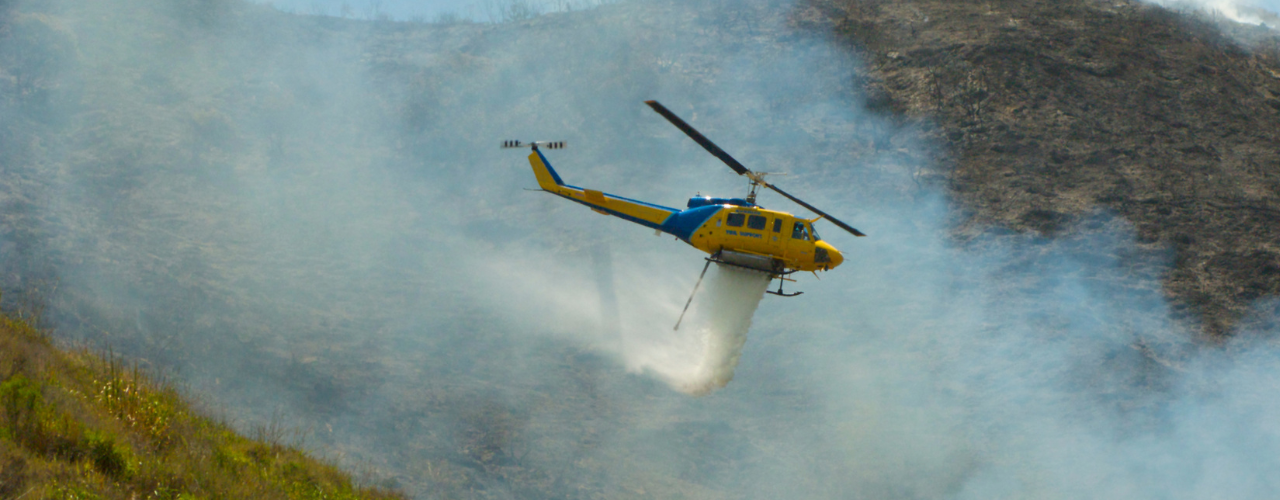
The Unequal Consequences of Prioritising Cars
Stop de Kindermoord ‘Stop de Kindermoord’, or ‘Stop the Child Murder’ was a road safety campaign in the Netherlands during the 1970s. It precipitated the widespread installation of active transport infrastructure for which the Netherlands is now famous. This campaign was led by parents who feared for the safety of their kids, and communities who… Read more »








